Biodiversity walks
Through three walks within biodiversity hotspots, experts narrate the diversity and immense potential of the Italian landscape.
In this section, we give the floor to experts and enthusiasts, including researchers, foresters, climatologists, urban planners, zoologists, architects and artists. By engaging in a walking dialogue, through National Parks or ancient forests, they will encourage critical discourse about the ways in which we build our cities and infrastructures in relation to other species (such as plants, animals, insects, fungi, etc.). They will shed light on the ecological and cultural value of slow mobility paths spread throughout the territory and highlight the natural heritage of the Italian region’s biodiversity.
The “Biodiversity Walks” are a programme by Parco Italia aimed at promoting local territories and their biodiversity. The walks aim to disseminate the Parco Italia project and raise public awareness about the importance of managing and protecting the existing natural heritage in a sustainable and caring way, minimising risks such as landscape fragmentation and hydrogeological risks, while increasing ecological and cultural connectivity. These dialogues cover various topics related to the unique features and challenges of different landscapes and territories encountered along the walks, as well as major subjects of interest related to climate change, cities, forests and biodiversity.
Biodiversity walks
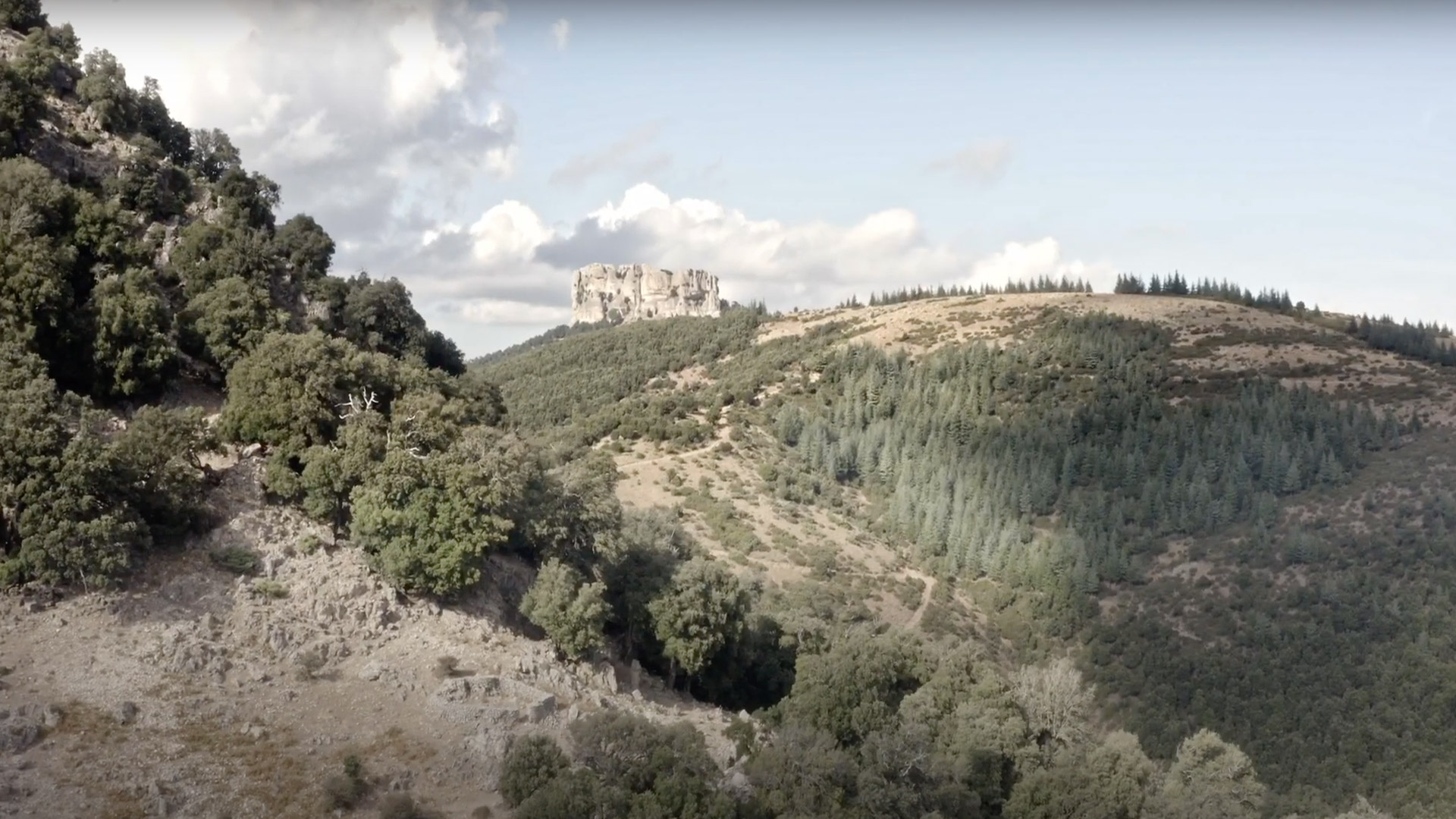
Nov 9th 2023
Biodiversity walk 3. Towards an Ethic of Responsibility
The Foundations of a New Humanistic Environmentalism

Guests biographies
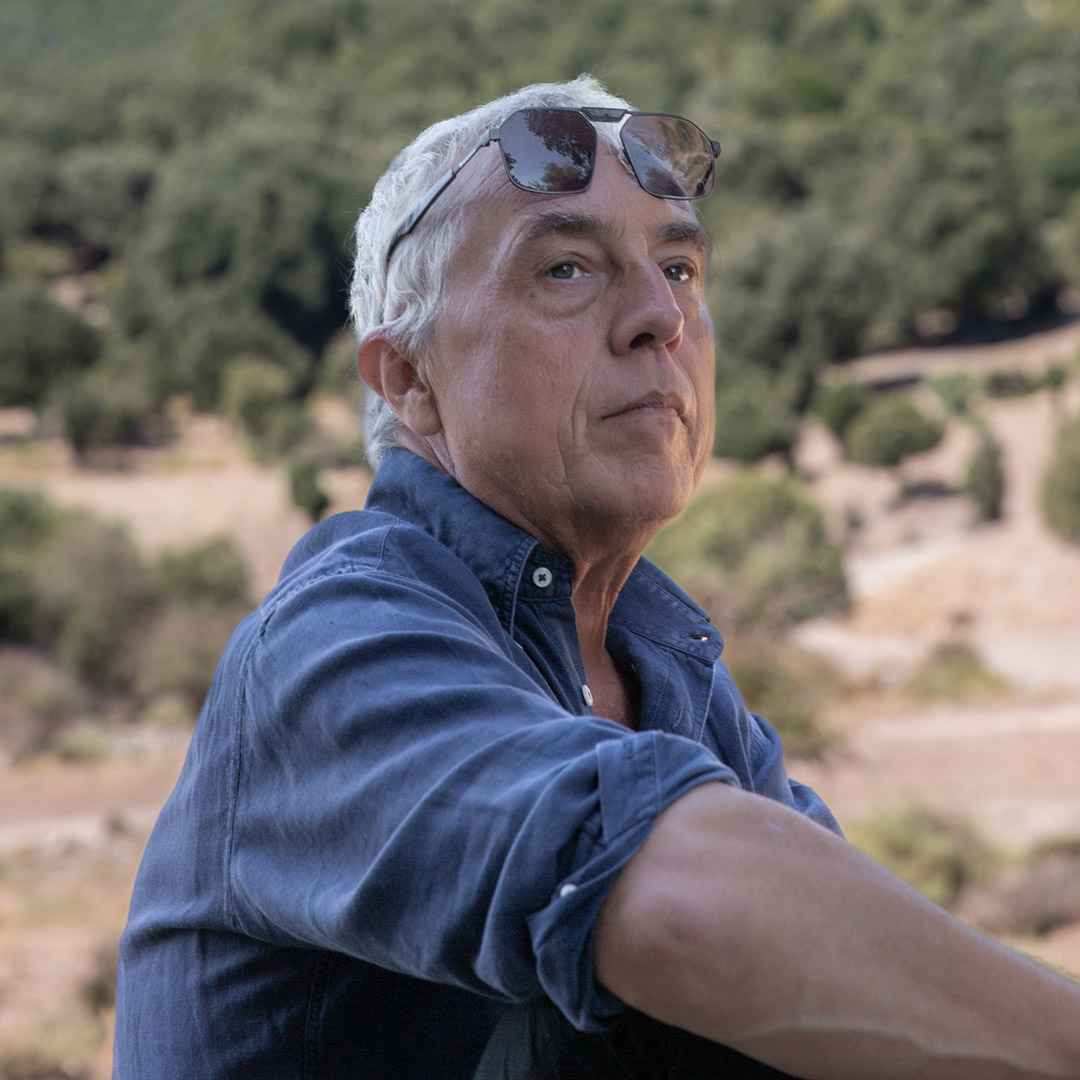
Stefano Boeri
Architect and urban planner, Boeri is Full Professor at Politecnico di Milano and Chairman of Forestami. Architect of the Bosco Verticale (Milan 2014), he is among the main opinion leaders in the environmental debate in sustainable development.
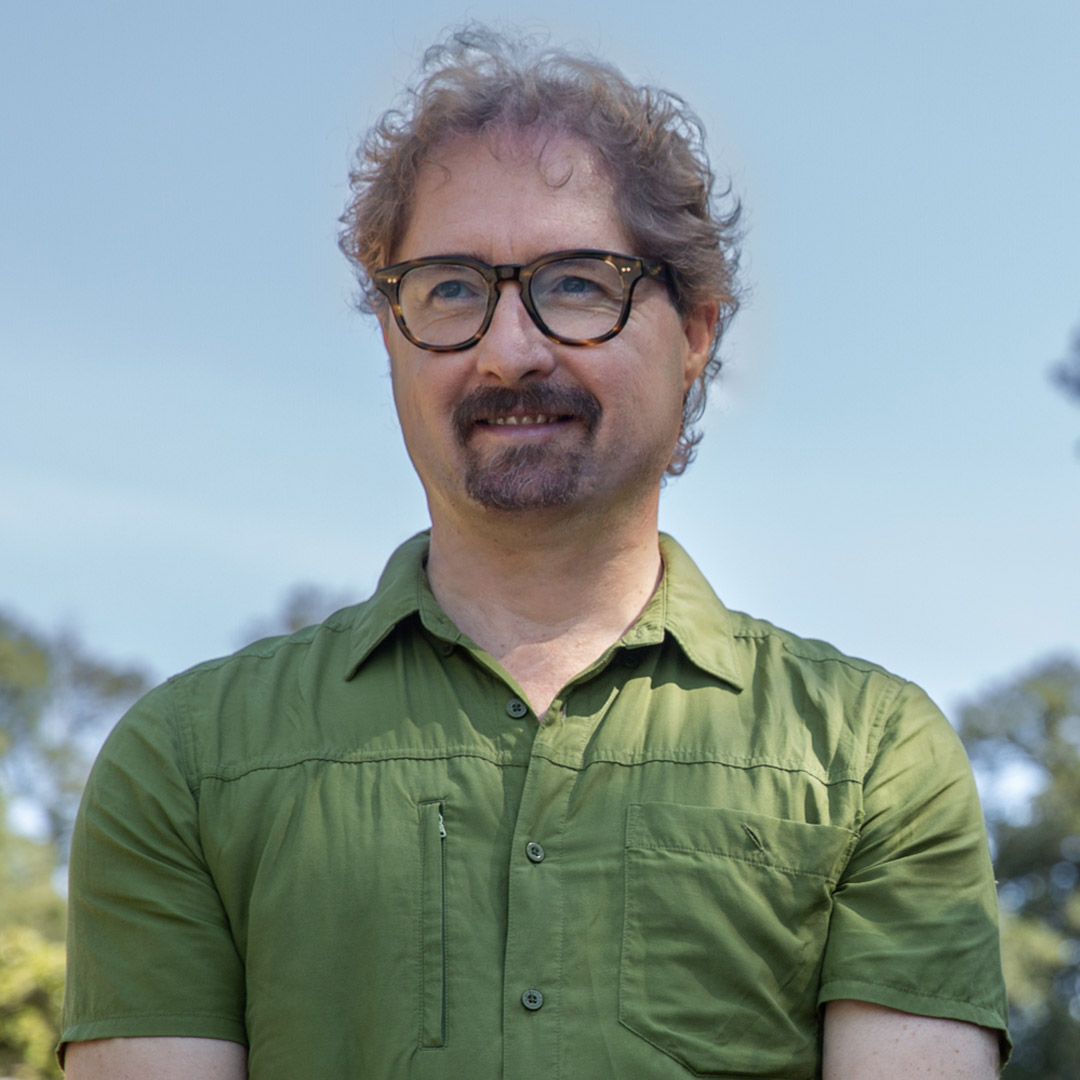
Telmo Pievani
Full Professor at the Department of Biology, University of Padua, where he covers the first Italian chair of Philosophy of Biological Sciences. He also teaches Bioethics and Science Communication.


Biodiversity walk 3. Towards an Ethic of Responsibility
The State Forest of Montes is located within the municipal territory of Orgosolo (Nuoro), in Sardinia. Montes Forest is characterized by holm oak with centuries-old specimens and is considered one of the largest of its kind in the Mediterranean basin. In this dialogue, Stefano Boeri and Telmo Pievani explore the most pressing challenges of our era, embarking on a journey to discover new ways of thinking about the role of human beings on Earth.
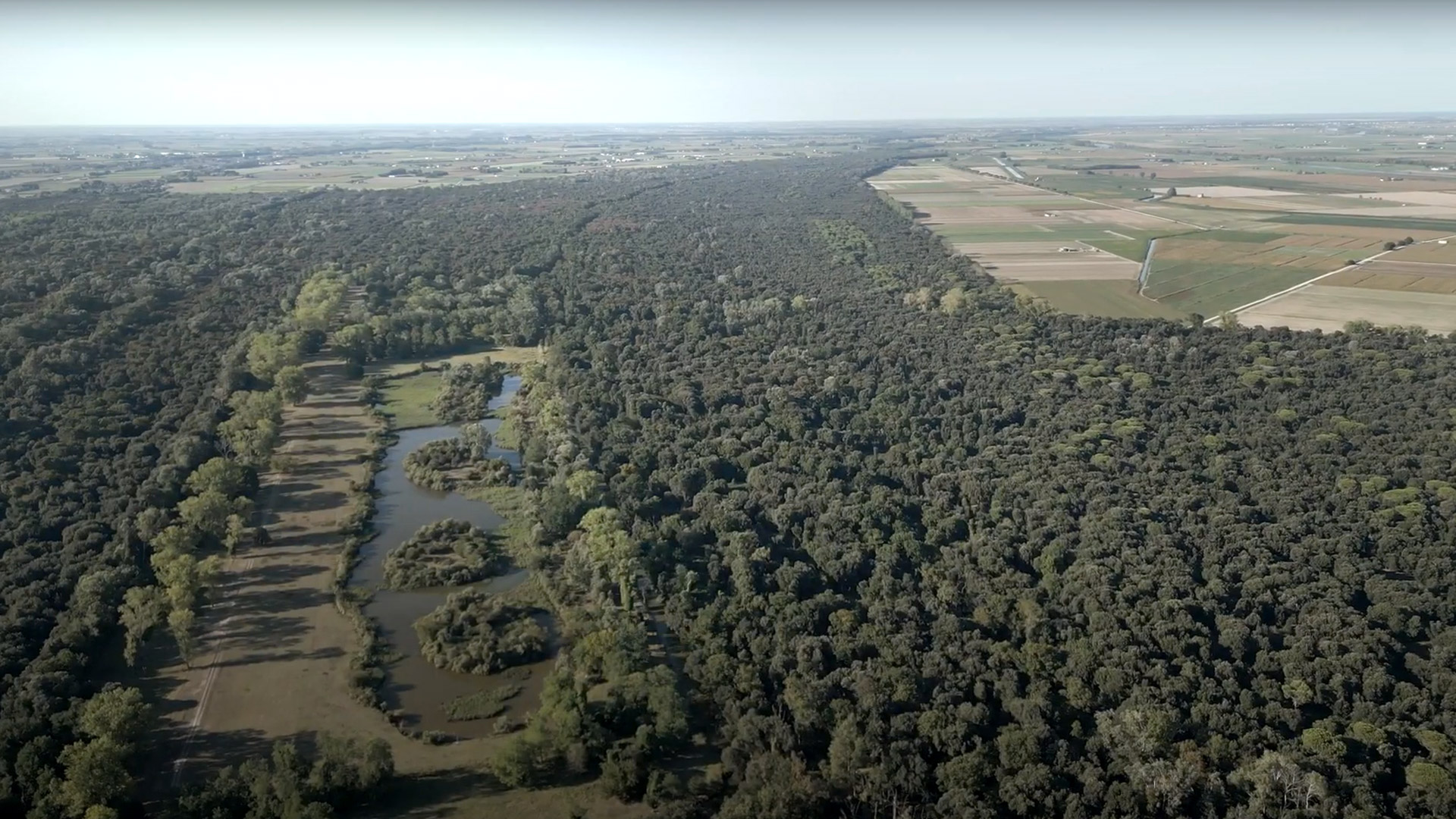
Nov 2nd 2023
Biodiversity Walk 2. Climate and Forests
Extreme Climate Events and the Role of Forests

Guests biographies
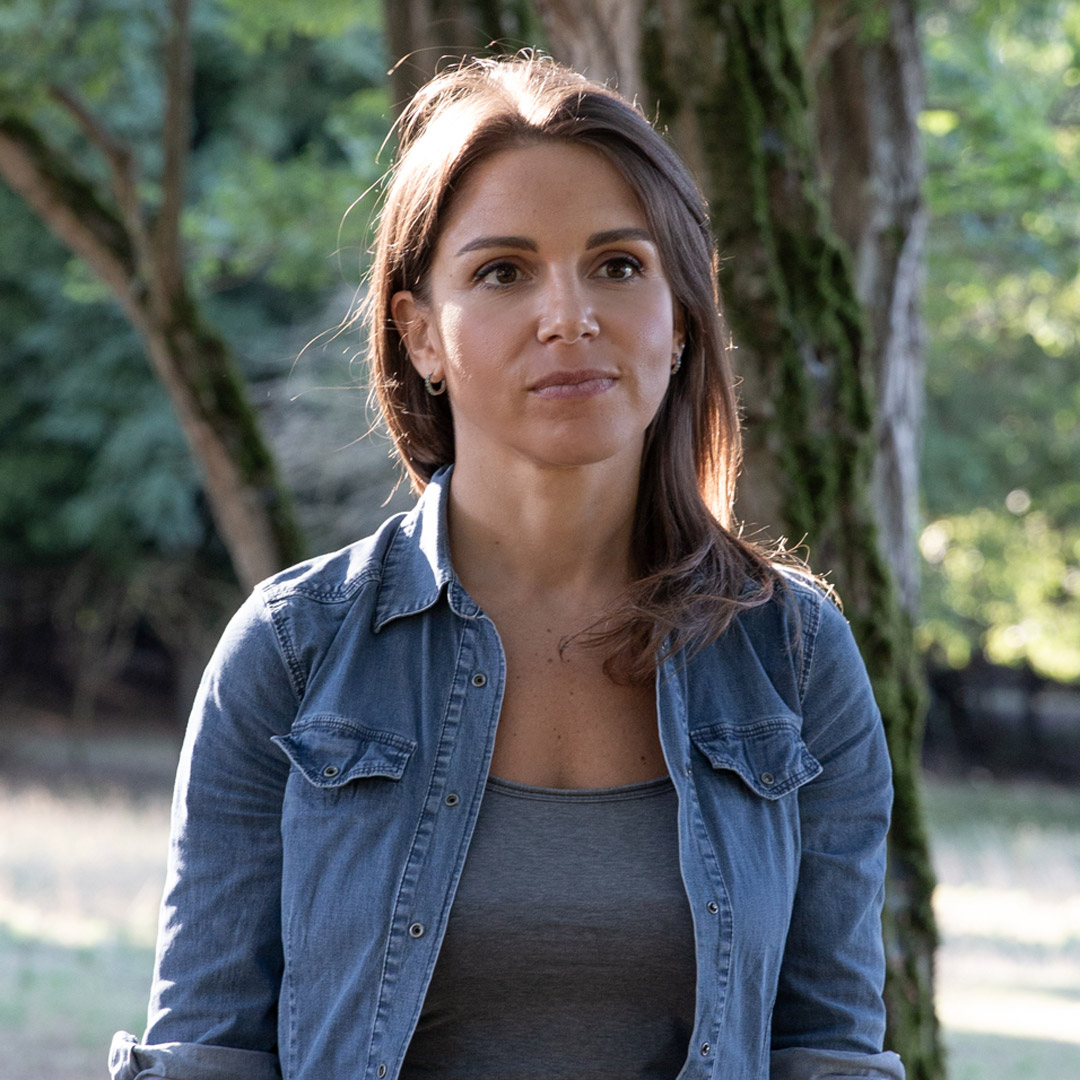
Serena Giacomin
Physicist specialized in Atmospheric Physics, a recognized climatologist, and a professional meteorologist accredited by the World Meteorological Organization (WMO). She is also the President of the Italian Climate Network.
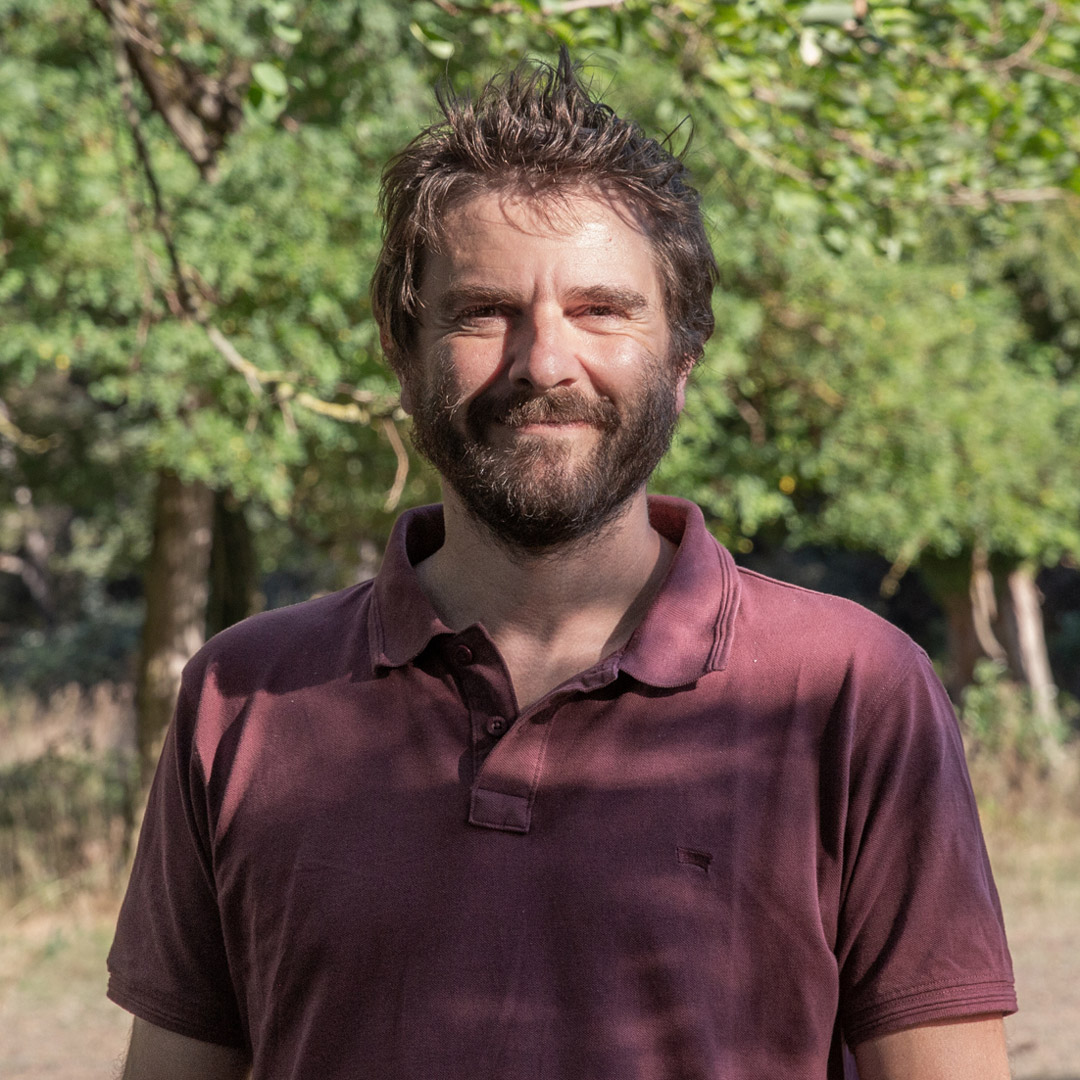
Giorgio Vacchiano
Associate Professor in Forest Management and Planning at the University of Milan. He is involved in developing simulation models to support sustain able forest management, as well as mitigation and adaptation to climate change.


Biodiversity Walk 2. Climate and Forests
Characterized by various coastal natural settings, including ancient dunes with woodlands, marshes, and clearings, the "Bosco della Mesola" State Natural Reserve and the Po Delta Park represent one of the best-preserved wetland areas with remnants of plain forests along the Adriatic coast. These areas are marked by the presence of numerous water bodies, thus creating ideal habitats for flora and fauna. Serena Giacomin and Giorgio Vacchiano identify, in this journey, the risks and opportunities associated with the presence of water in territories more susceptible to climate extremes.
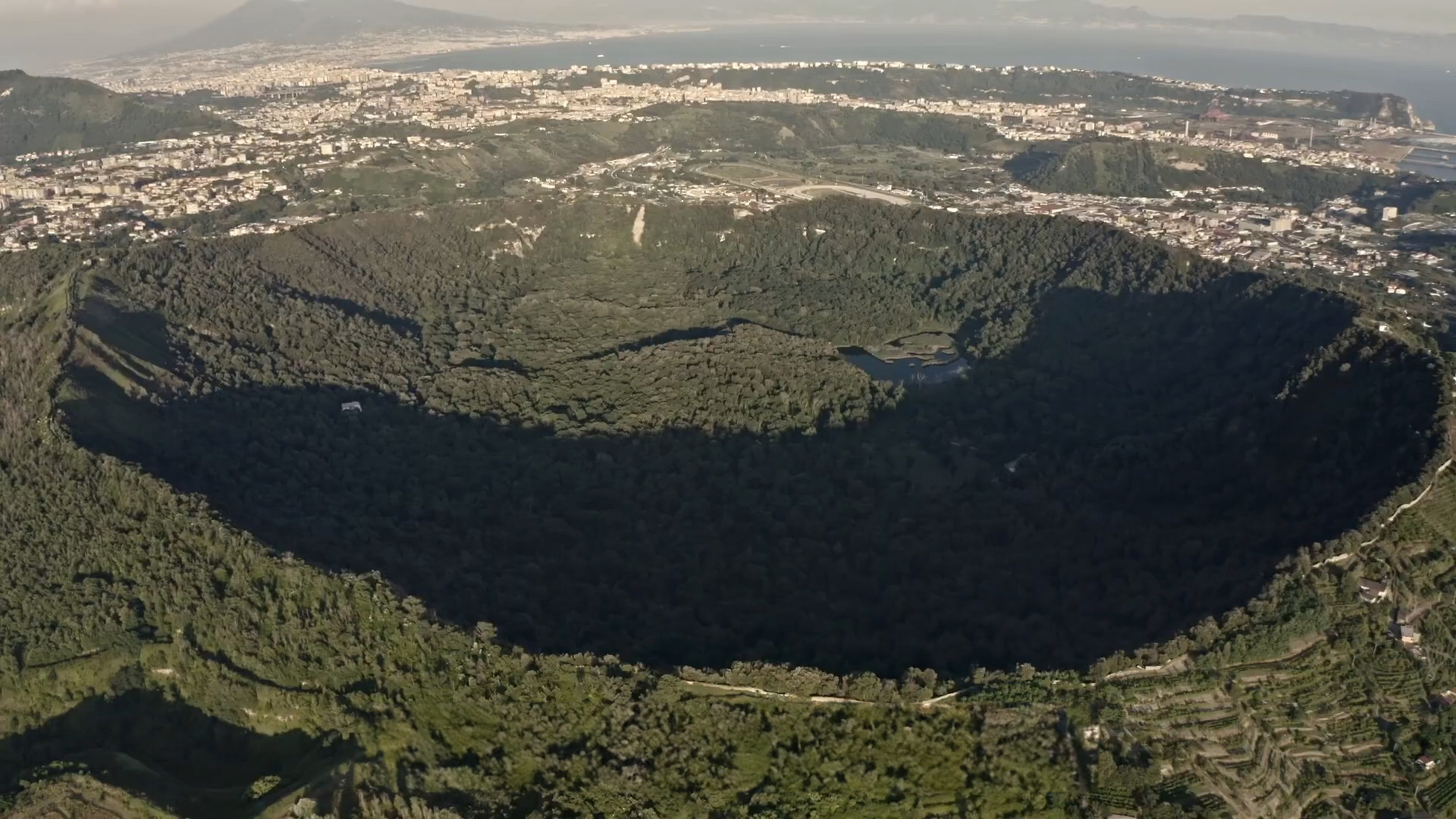
Oct 25th 2023
Biodiversity Walk 1. The Basis for Coexistence
Biodiversity and Ecological Connectivity in Urban and Periurban contexts

Guests biographies
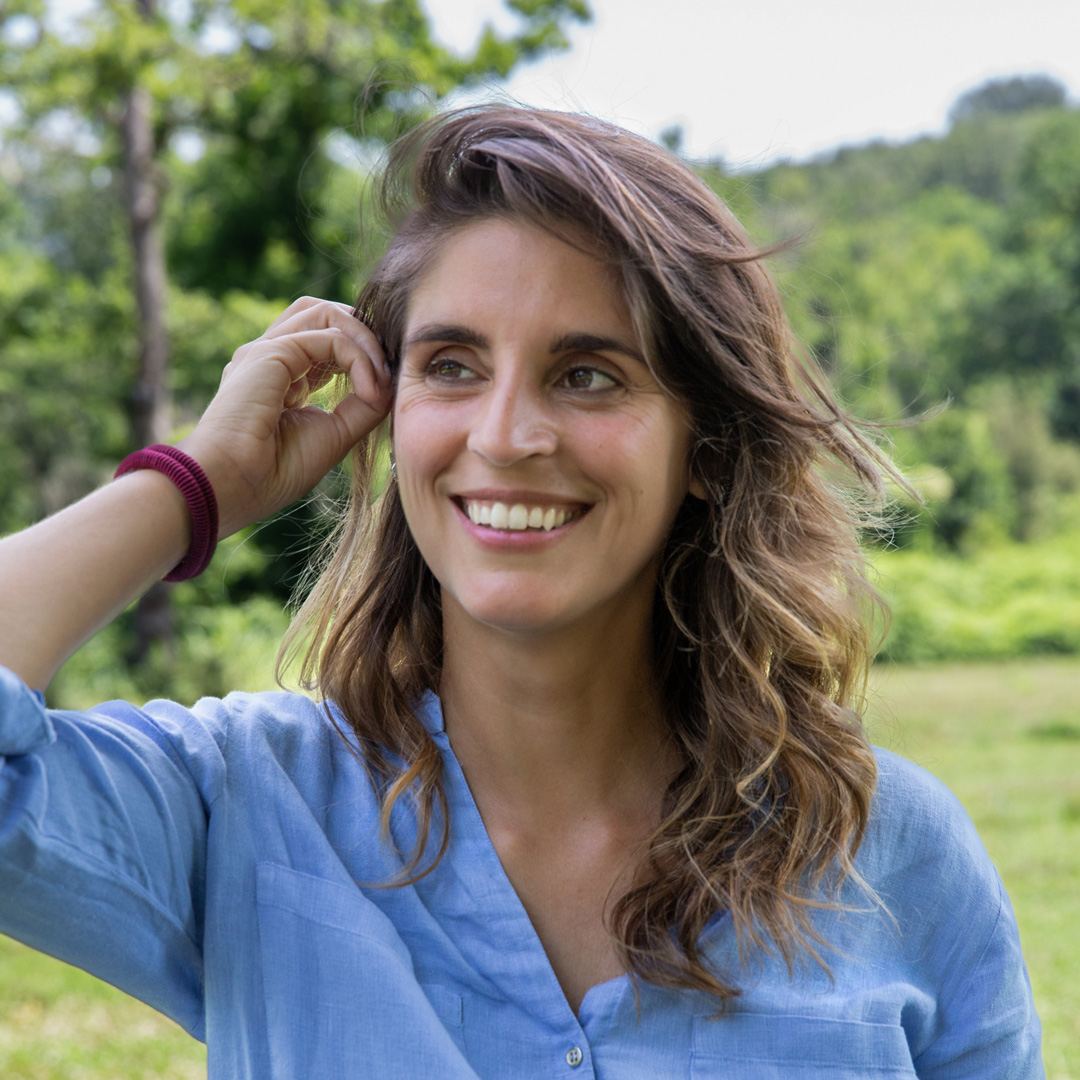
Mia Canestrini
Zoologist specialized in animal biodiversity conservation, she has been dedicated to wolf conservation for over fifteen years. She has been featured in various TV and radio programs and she is an author and a scientific communicator.
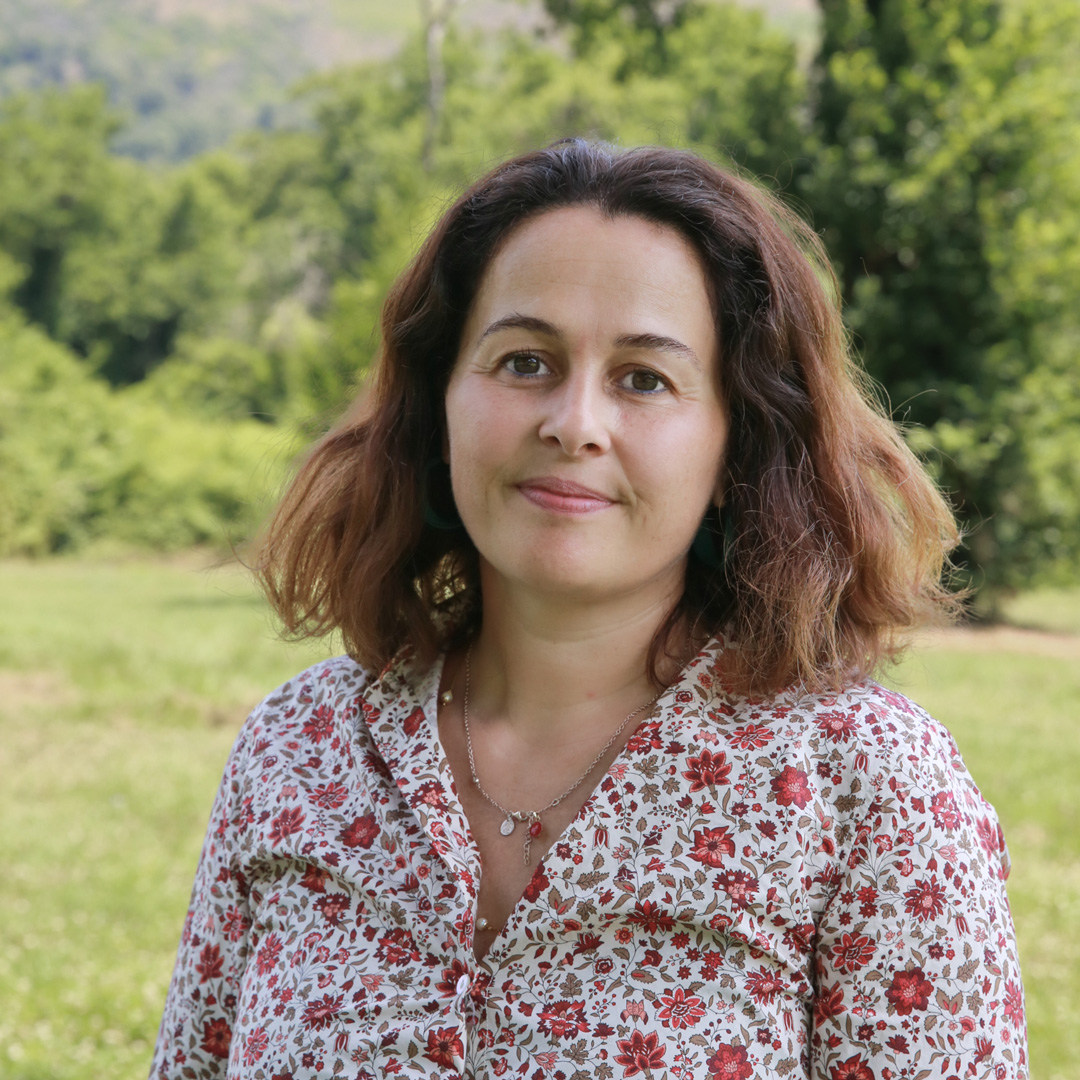
Maria Chiara Pastore
Associate Professor at the Politecnico di Milano, and Head of Research Department at Stefano Boeri Architetti. Her work includes research such as Forestami, a forestry project for the Metropolitan Area of Milan.


Biodiversity Walk 1. The Basis for Coexistence
Located in the Municipality of Pozzuoli, Campania, and just 8 kilometers away from the city of Naples, the "Cratere degli Astroni" Natural Reserve is an ancient volcanic crater characterized by a dense and flourishing forest covering 250 hectares, hundreds of years old. Mia Canestrini and Maria Chiara Pastore take us on a journey to discover this Reserve, highlighting the importance of establishing the foundations for a new coexistence between humans, animals, and the plant kingdom that surrounds us.
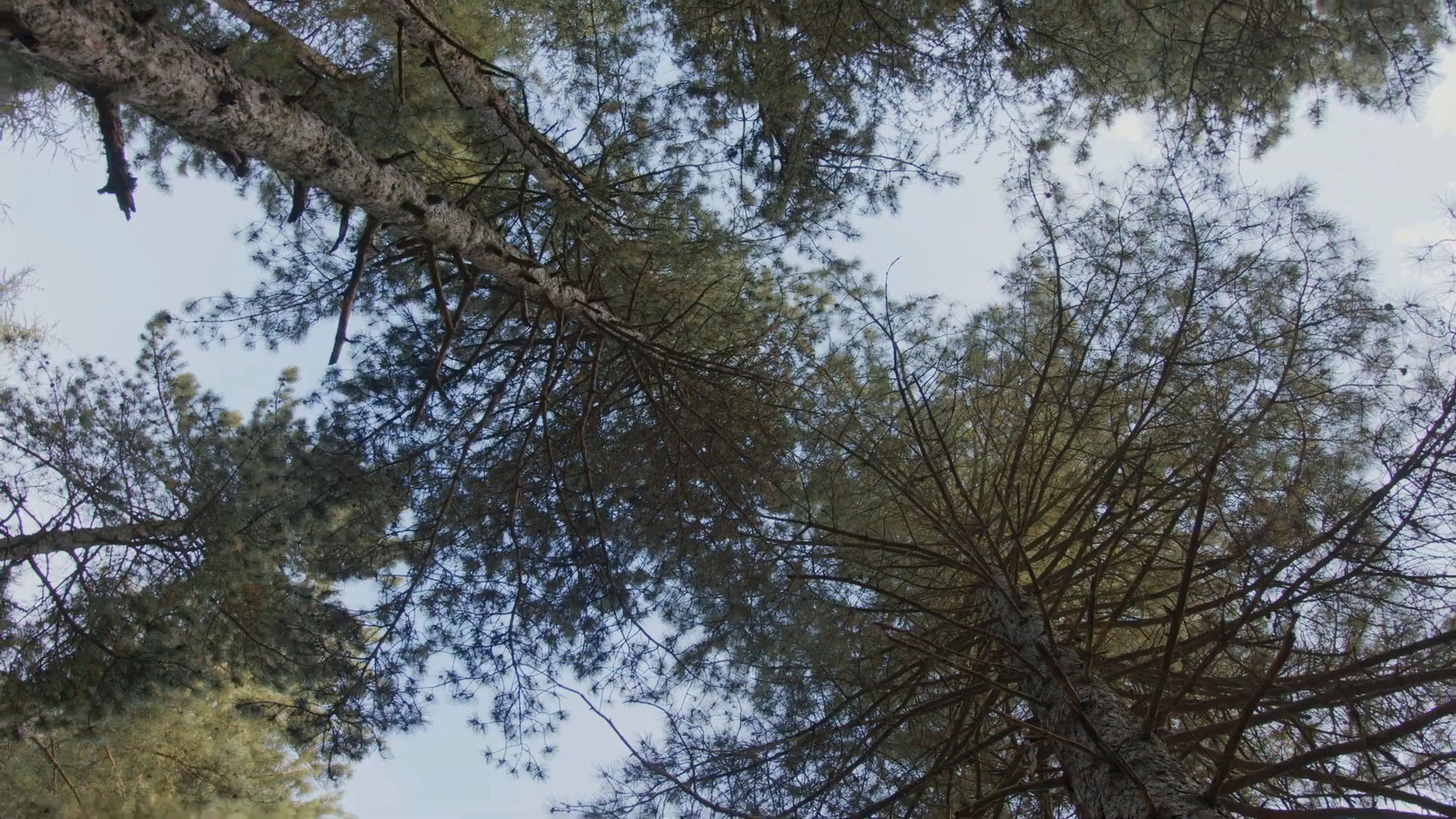
Jul 10th 2023
Parco Italia – Trailer



Parco Italia – Trailer
The context
Hiking trails and cycling paths in Italy, both existing ones (such as those managed by the CAI - Italian Alpine Club) and potential ones, if organized into a network, can provide support for the protection and growth of forest ecosystems, as well as help strengthening balanced growth in areas that could become future development hubs by creating new ecotourism-related jobs. These widespread trails could become "outposts" throughout the territory that would allow for the monitoring and sustainable management of forests and increase their capacity to mitigate natural disasters and climate change risks, while also creating space for a circular economy based on ecosystem services.
By establishing and integrating hiking trails, such as the Sentiero Italia by the CAI, and new potential routes, along with the expansion of buffer zones around national parks and including natural and semi-natural areas within protected areas, tourism and slow tourism can be revitalised. In this process, small towns and villages along these paths have the potential to become central nodes in areas with high development prospects.

